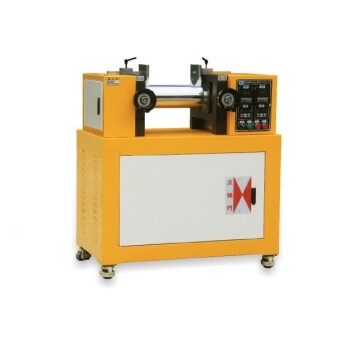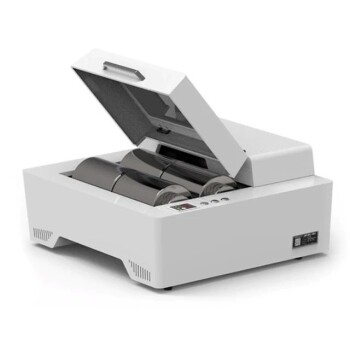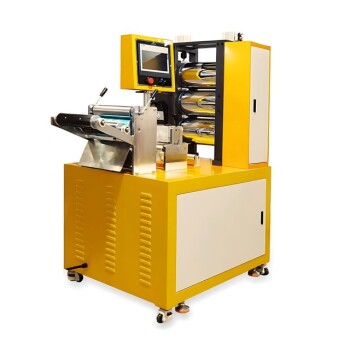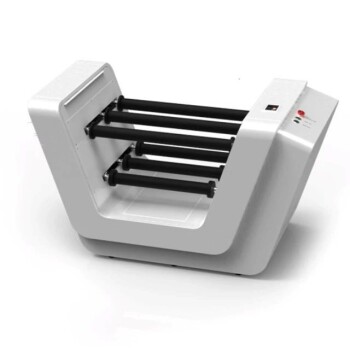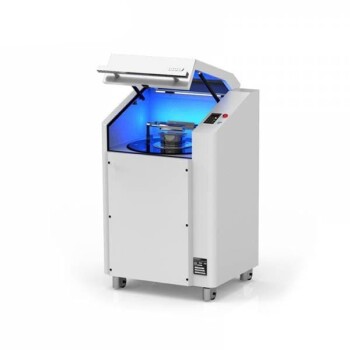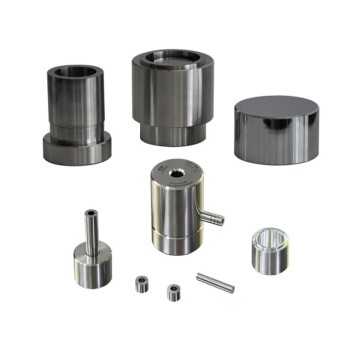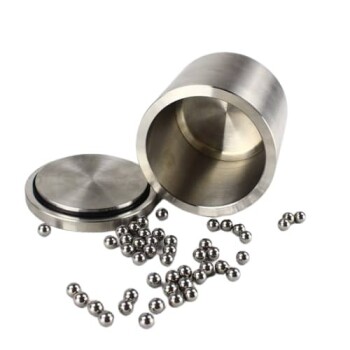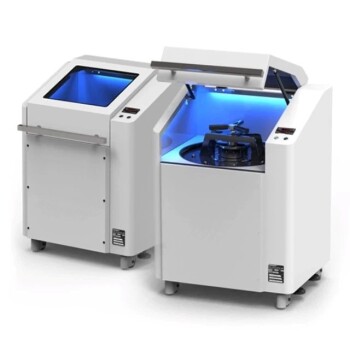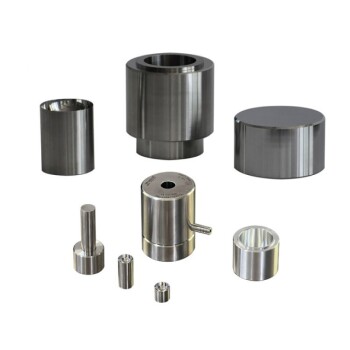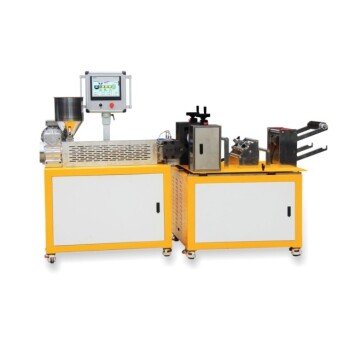Rolling mills are essential equipment in metalworking industries. They are used to shape and reduce metal by passing it through sets of rolls. These machines are classified based on their design, purpose, and the temperature at which they operate. Understanding the different types of rolling mills is crucial for selecting the appropriate equipment for specific metalworking applications.
5 Key Categories of Rolling Mills Explained

Classification Based on Operation Temperature
- Hot Rolling Mills: These mills are used for processing large pieces of metal, such as slabs or billets. They are heated above their recrystallization temperature. The metal is then deformed between rollers to form thin cross-sections. Hot rolling reduces the grain size of the metal while maintaining an equiaxed microstructure.
- Cold Rolling Mills: These mills operate at room temperature or slightly above. They are typically used for finishing operations to achieve a smoother surface finish and more precise dimensions. Cold rolling increases the strength of the metal through strain hardening.
Classification Based on Design and Configuration
- Two-High Rolling Mills: These mills consist of two rolls, one above the other, rotating in opposite directions. They are used for simple reduction and shaping of metal.
- Three-High Rolling Mills: These mills have three rolls arranged vertically. They allow the metal to pass through in one direction and then be returned through the opposite direction for further reduction.
- Four-High Rolling Mills: These mills use smaller work rolls supported by larger backup rolls. This reduces the load on the work rolls and allows for larger reduction forces. They are suitable for rolling harder and thicker materials.
- Cluster Rolling Mills: These mills have multiple rolls arranged in a cluster. They allow for more complex shaping and greater reduction capabilities.
- Continuous Rolling Mills: These mills consist of several rolling stands, each reducing the metal's thickness progressively. They are used for high-volume production of long products like bars, rods, and wire rods.
- Planetary Rolling Mills: These mills have a central roll surrounded by several planetary rolls. They allow for high reduction ratios and uniform thickness. They are used for producing thin sheets and strips.
Specialized Rolling Mills
- Three-Roll Mill (Lab Application): This type of mill is used in laboratory settings for grinding and dispersing paste materials such as paints, inks, and pigments. It consists of three rolls rotating at different speeds, allowing for fine grinding and dispersion. The gap between the rolls can be adjusted manually to achieve the desired fineness.
- Single-Roll Mill: This mill uses a single roll and a fixed bar to press and shape the material. It is simpler in design compared to multi-roll mills.
- Five-Roll Mill: This mill has five rolls arranged in successively smaller in-running nips. It allows for the use of larger agglomerates in the input material. It is more complicated and expensive than the three-roll mill.
Specifications and Applications
When selecting a rolling mill, important specifications to consider include roll diameter, type of metal to be rolled, maximum separation force, total column area, and estimated floor space. Each type of rolling mill has specific applications based on the desired metal shape, thickness, and surface finish.
In conclusion, the choice of rolling mill depends on the specific requirements of the metalworking application. This includes the type of metal, desired shape and thickness, production volume, and budget constraints. Understanding the different types of rolling mills and their capabilities ensures the selection of the most appropriate equipment for achieving optimal results in metal processing.
Continue Exploring, Consult Our Experts
Ready to elevate your metalworking capabilities? KINTEK SOLUTION offers an extensive range of rolling mills, tailored to every need. From precision finishes in cold rolling to robust hot rolling solutions, our equipment ensures your metal processing meets the highest standards. Discover the perfect mill for your application and take your production to new heights. Contact us today for expert advice and the ideal rolling mill solution for your business. Don't settle for less – maximize your metalworking potential with KINTEK SOLUTION!
